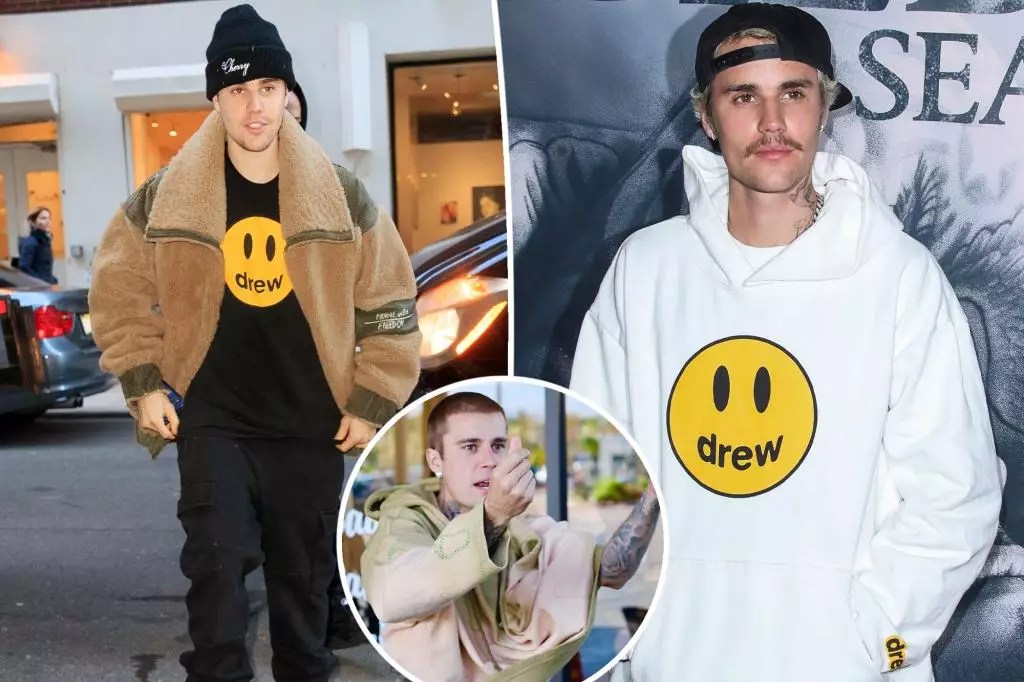In an unexpected social media revelation, Justin Bieber has publicly severed ties with his once-celebrated fashion brand, Drew House. The move denotes a significant personal evolution for the pop icon, who boldly declared through his Instagram Stories that he is “no longer involved” with the label he co-founded in 2019. His message was piercing and unequivocal: Drew House no longer embodies who he is nor reflects his life or family values. This moment not only marks a personal milestone for Bieber but raises critical questions about authenticity in celebrity branding and the pressures that influencers face in maintaining a cohesive public persona.
The Risks of Fame and Commercialization
Bieber’s drastic gesture, following a series of emotionally charged interactions with the media, underscores the thin line celebrities walk when balancing professional commitments with personal integrity. His fiery escape from the brand is likened to a phoenix rising from ashes, signifying a deliberate and much-needed detachment from an image that perhaps no longer serves him. In a society obsessed with money and fame, Bieber’s outspoken critique of paparazzi tactics further illuminates the distressing realities of living under constant scrutiny. In a viral confrontation, he scornfully denounced the opportunism of photographers, emphasizing their relentless chase for profits over genuine human connection, essentially diving deep into his struggle between public persona and private reality.
Artistic Integrity vs. Commercial Success
The announcement regarding Drew House isn’t just a career pivot; it reflects a critical artistic stance. For years, the brand, characterized by its playful inclusivity represented by the iconic yellow smiley face, captured a slice of contemporary fashion. Yet, as he distanced himself from the brand, Bieber seems to have recognized a profound misalignment between the image marketed through Drew House and his evolving self-identity. In a world where trends often overshadow integrity, Justin’s refusal to endorse a product that he feels no longer represents him is a radical act of authenticity. This prompts broader discourse about the sustainability of celebrity-driven fashion—can artists truly claim ownership over their brands when public perception constantly shifts?
Personal Challenges and Public Reactions
Bieber’s recent turmoil extends beyond fashion, hinting at deeper personal struggles. His behavior captured on video, where he confronted intrusive paparazzi, raises questions about mental health in the entertainment industry. Recent incidents, such as a concerning livestream and his social media deactivation, have left fans worried about his well-being. The shadow of these incidents darkens the glitz and glamour usually associated with a pop star’s life. Nevertheless, this vulnerability could also foster a newfound connection with fans who appreciate the authenticity of his journey, particularly as he navigates the complexities of fame alongside personal challenges.
Bieber is navigating uncharted waters, reshaping his brand narrative, and it is evident that he is intent on reclaiming his narrative. In a world dominated by monetary motives, his refusal to compromise on his identity speaks volumes about modern artistry and the capacity for evolution in the public eye.
